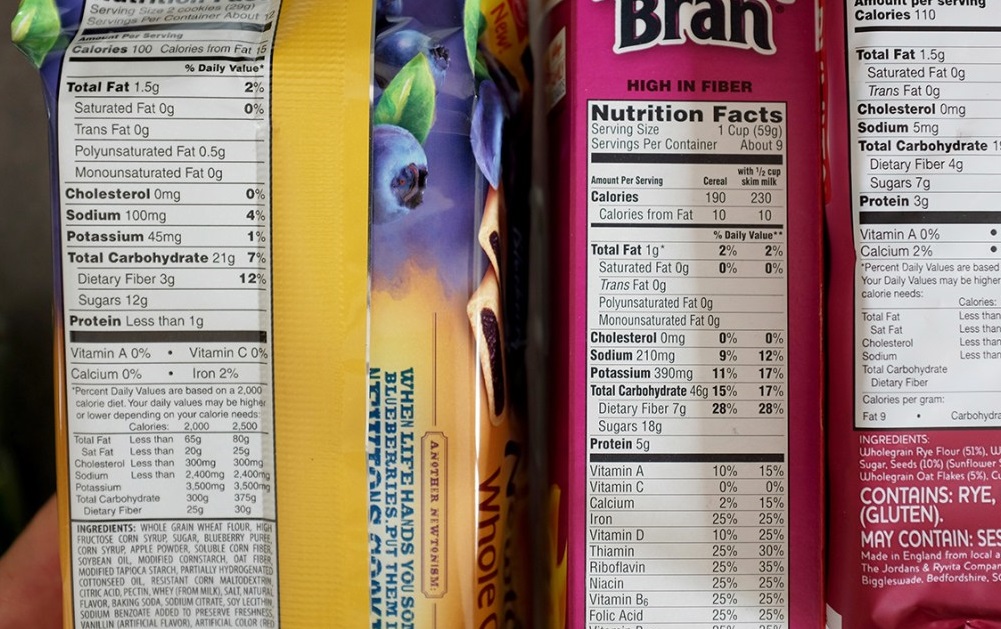
The 7 Best Halal Investing Apps You Should Absolutely Have
What are the best Halal investing apps? Times have changed drastically, and when great changes occur, it affects a lot of facets of life. One such facet is religion. Not every change is a welcomed one when put under several filters such as religion. Religion is a way of life, one’s belief, one’s creed. To be asked to change such things as beliefs and creeds are asking for too much.
In Islam, investment is indeed allowed, but – and it is a big ‘but’, some things have to be taken into consideration so as not to go against the shariah law and commandments.
Searching for the right investment app is sometimes arduous, and when you factor in an investment app that is halal, you are left with quite the task. In this article, we have gathered the best halal investment apps that will save you a lot of time when looking for halal investing apps. Read on to find which apps to use in order to make some serious cash—the halal way, of course!
What is The Shariah Law?
Shariah law is a set of Islamic laws that govern the principles, spiritual, mental, and physical conduct of Muslims. Regarded as God’s command for Muslims, shariah law is essentially Islam’s legal system.
There are four primary sources of shariah law:
- The Quran
- The Hadith
- The Ijma (opinions of Islamic scholars)
- Qiyas (Qiyas is the process of comparing difficult questions of doctrine with similar cases settled by the authority of the Holy Book and Sunnah).
With the shariah set in place as means of guidance, it is only natural for there to be rules set out regarding investment.
What is Halal Investment?
Halal investing apps in recent times have become a hot topic in the global Muslim community. Halal investment refers to the several types of investments that are allowed, and sanctioned by the shariah law; this makes them 100% lawful.
As a Muslim, you are advised to always carry out extensive research before investing in any business venture, not just because of the obvious risk, but to find out if it is allowed in Islam, in other words, halal.
What Constitutes a Haram Investment?
The answer here is quite simple direct; and investment opportunity that is involved in prohibited businesses such as gambling, alcohol, cigarettes, and the likes are considered haram, i.e. they are prohibited.
With all this being said, there are a number of applications that offer halal investment opportunities. Here we will list the 7 best halal investing apps.
7 Halal Investing Apps
1. Sukuk Investment
First up in our list of the 7 best halal investing apps is the Sukuk Investment. Sukuk bonds are like your typical long-term loan bond, but they will not issue you a certificate indicating periodic payments with interest.
This is because, in Islam, lending money with a view to receiving interest is haram. Rather, you will own a part of the asset and gain from whatever the asset gains.
2. M1 Finance
M1 Finance is a halal investing app that provides an intriguing blend of automated investing coupled with a wide array of portfolio customization to go alongside borrowing and spending features. You can select from expansive pre-built portfolios called “pies” (a reference to portfolio pie charts) or build your own strategy.
You will easily find the M1 Finance app a good halal investing app for obvious reasons. For one, its interface is quite simple; nothing spells ease like a user-friendly interface. Also, Opening an account is simple and you can start investing with an amount of as little as $100.
The clients can trade without any fees or commissions. The brokerage has introduced an innovative way when it comes to portfolio creation.
3. Fundrise
Next up on our list of the 7 best halal investing apps is Fundrise. Fundrise is an online real estate firm that offers investment opportunities in the private real estate sector. What makes this app so great is that it offers low minimum investment fees and it is also open to all investors. With just one investment entry, you can create a broad portfolio.
The portfolio may include a great number of real estate assets. You can also avail the assistance of a team of experienced real estate professionals.
Fundrise deals mostly in real estate investment trusts which generally invest in income-producing real estate through the purchase and management of buildings or by holding mortgages. Fundrise also offers eFunds, in which investors’ money is used to buy land, develop housing and then sell it.
Also, Fundrise offers what it calls an Interval Fund, which offers high liquidity and diversification.
4. Robinhood
Robinhood has made our list of best halal investment apps for reasons you will soon find out. One of its earlier glaring advantages is that it offers no charging commissions for cryptocurrency and stocks, although that is no longer the case seeing as a number of its competitors adopted the same strategy. The broker recently added cash management services and a recurring investment feature in an effort to attract new customers and deepen the financial relationship with existing customers.
While investing in the ETF, you can diversify your holdings. For this purpose, you must try to buy a wide range of stocks in just one investment. After that, you can execute more sophisticated strategies and secure bigger positions.
5. Amana Funds
Next up in our list of the best halal investing apps is Amana Funds. For many who don’t know, Amana is an Arabic word meaning fidelity, honesty or sincerity. This goes well in showing its users that this is an investment app where Muslims can rest easy knowing their funds are in safe hands. Nothing beats earning some cash in halal ways!
Amana Funds is a non-profit investment company with its base in North America. For the sake of transparency, Amana Funds allows its clients to keep tabs on the business activities so they can aware of the sources through which the company generates its revenues.
6. Wahed Invest
Another halal investing app that offers its clients the opportunity to invest money ethically without having to worry about going against the divine rules of Islam is Wahed Invest. Wahed is Arabic word meaning unique, or one.
Wahed invest the new wave in the world of shariah-compliant investment apps. In addition, Wahed invest is the largest Islamic Robo Adviser based on the number of clients counted is the United States after just one of its releases.
Just like M1 Finance, Waheed allows users to open an account with a minimum of $100 and invest in a portfolio of ethically responsible stocks, Islamic bonds, and gold. The company utilizes the services of a full-time Ethical Review Board to ensure all returns are following Islamic principles.
7. ShariaPortfolio
Last, but certainly not the least is ShariaPortfolio. This app focuses solely on ethical and halal investment options.
According to experts, ShariaPortfolio offers the best halal investment strategies. It utilizes three key points to help clients to make the right investment moves. The key points include:
- Client preferences
- Financial aspirations
- Risk tolerance
When these three key points are taken into consideration before making a move, they are bound to improve the chances to reap huge rewards.
Conclusion
When inclusion is done the right way, it is beautiful and admirable. It is a good thing to see that financial apps are making room for halal investments, thereby catering to the needs of Muslim clients worldwide.
As promised, we have delivered the best halal investing apps currently on the market. You no longer have to do the arduous task of combing the internet looking for the right app; we have narrowed down the list for you considerably.
Stay tuned and be sure to check out Northpad for more eye-opening financial write-ups. What halal investing app is your favorite? Let me know in the comments!
FAQs on Best Halal Investing Apps
What is the best halal investment?
In terms of investment, gold is seen as a secure, conventional, and Sharia-compliant option. Gold is easy to get and invest in, and it is not considered to be in violation of any Islamic finance laws.
Is investments haram in Islam?
No. as matter of fact, investment is not haram in Islam. What is haram is investing in business ventures that are not in line with the sharia laws; such as gambling, alcohol, and tobacco.
How can I invest halal?
Investing in enterprises, often known as equities or stocks, and fixed income assets, such as Sukuks (Islamic bonds) or real estate, are the two main categories of halal investing. Both forms of investments must adhere to Islamic rules in order to be considered Halal.
Are investment companies halal?
Some investment companies are halal as they follow the rules laid down in the sharia; this makes them halal. Other companies aren’t because the sharia law is used as a means of guidance.
Which investment is halal in Islam?
The major types of halal investments are Sukuk Bonds, Jarrah, and Murabaha.
Is Fundrise Halal?
Yes, Fundrise is a halal investing app that is compatible with the Shari’ah

